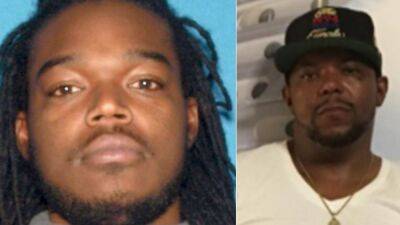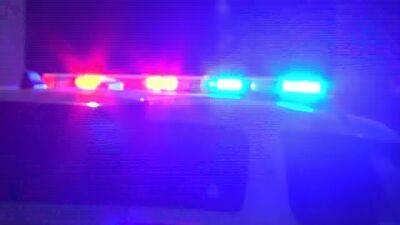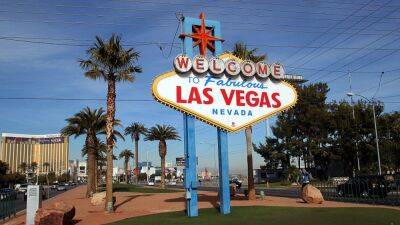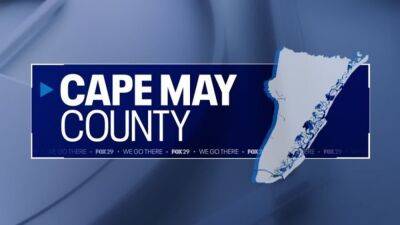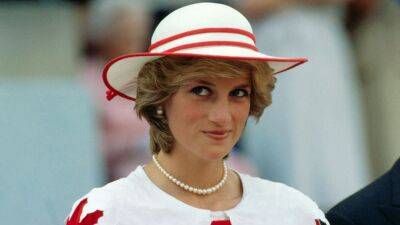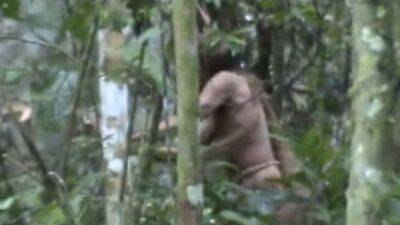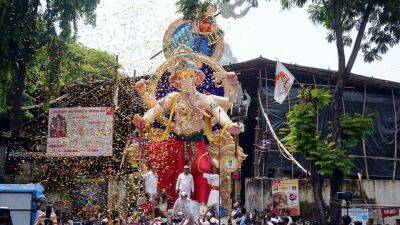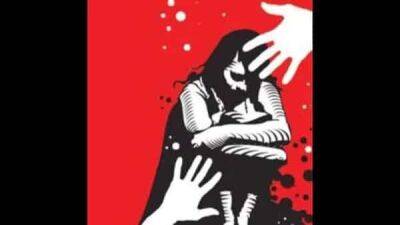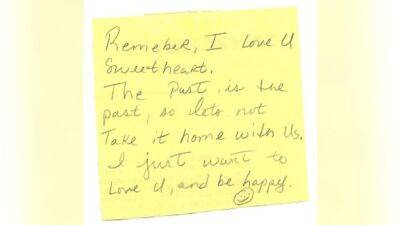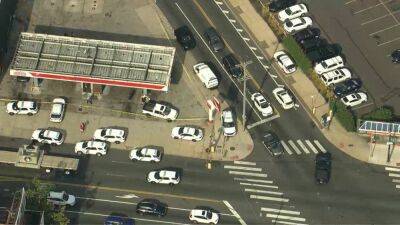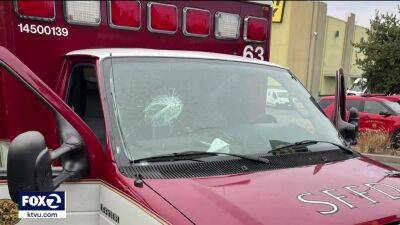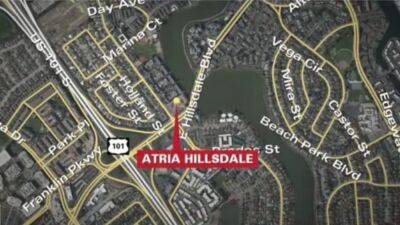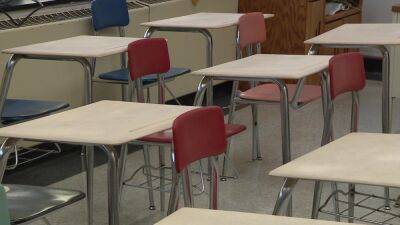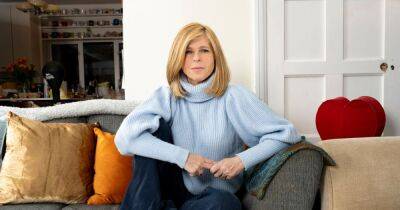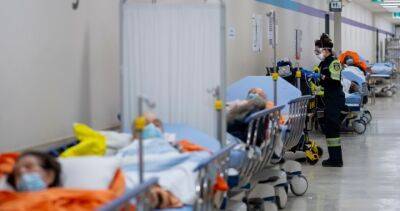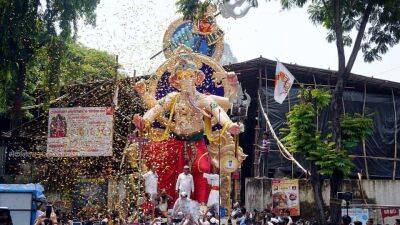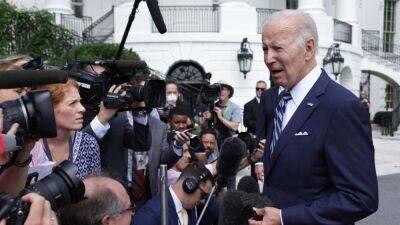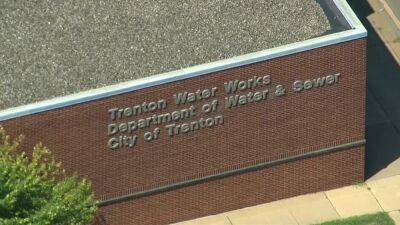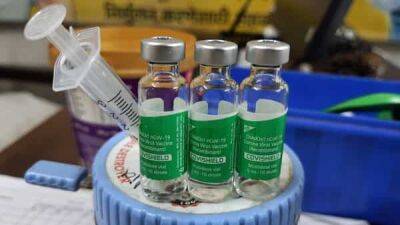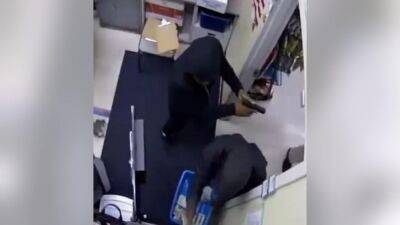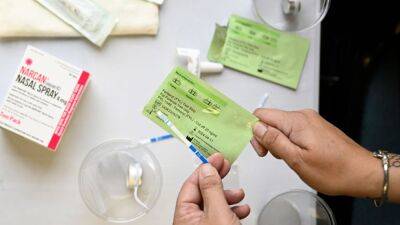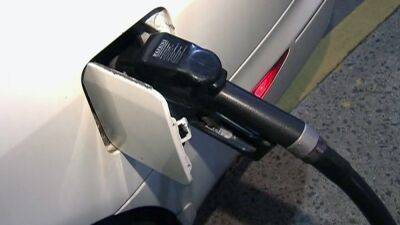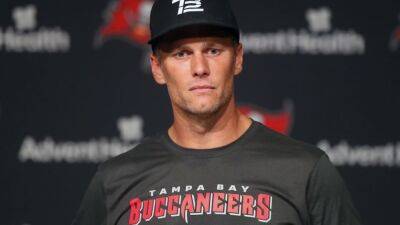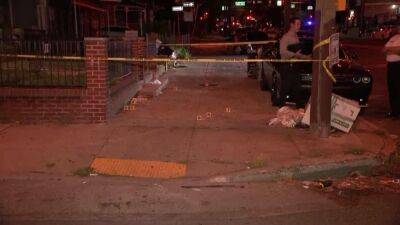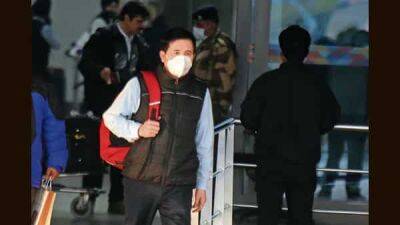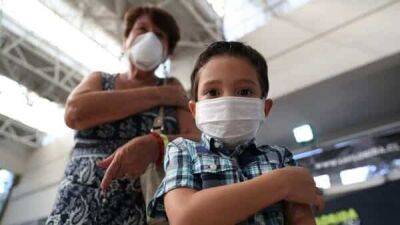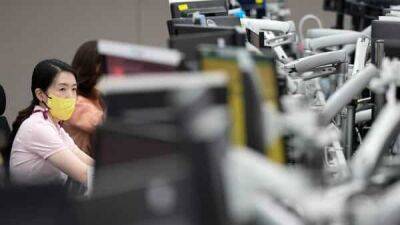U.N. meeting set to talk nuclear weapons as Russia-Ukraine war heightens concerns
There was already plenty of trouble to talk about when a major U.N. meeting on the landmark Nuclear Nonproliferation Treaty was originally supposed to happen in 2020.
Now the pandemic-postponed conference finally starts Monday as Russia’s war in Ukraine has reanimated fears of nuclear confrontation and cranked up the urgency of trying to reinforce the 50-year-old treaty. “It is a very, very difficult moment,” said Beatrice Fihn, the executive director of the Nobel Peace Prize-winning International Campaign to Abolish Nuclear Weapons. Read more: How will Russia’s chain of command work in the event of a nuclear weapon launch?
Russia’s invasion, accompanied by ominous references to its nuclear arsenal, “is so significant for the treaty and really going to put a lot of pressure on this,” she said. “How governments react to the situation is going to shape future nuclear policy.” The four-week meeting aims to generate a consensus on next steps, but expectations are low for a substantial — if any — agreement.
Still, Swiss President Ignazio Cassis, prime ministers Fumio Kishida of Japan and Frank Bainimarama of Fiji, and more than a dozen nations’ foreign ministers are among attendees expected from at least 116 countries, according to a U.N.
Read more on globalnews.ca